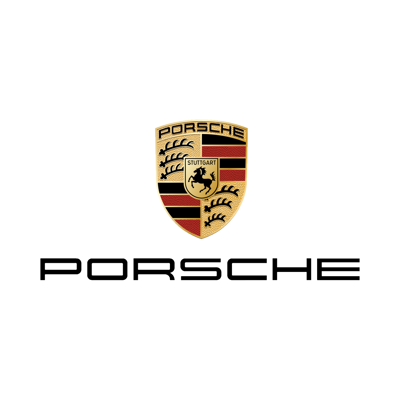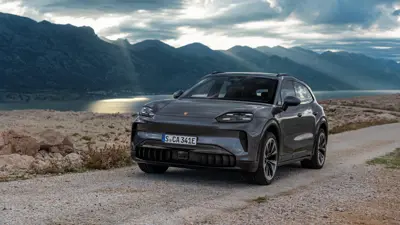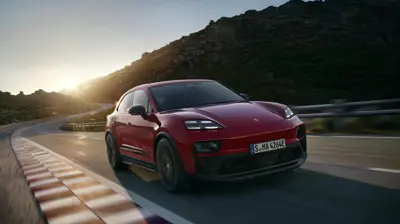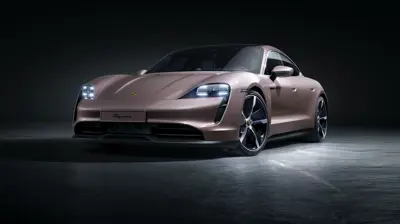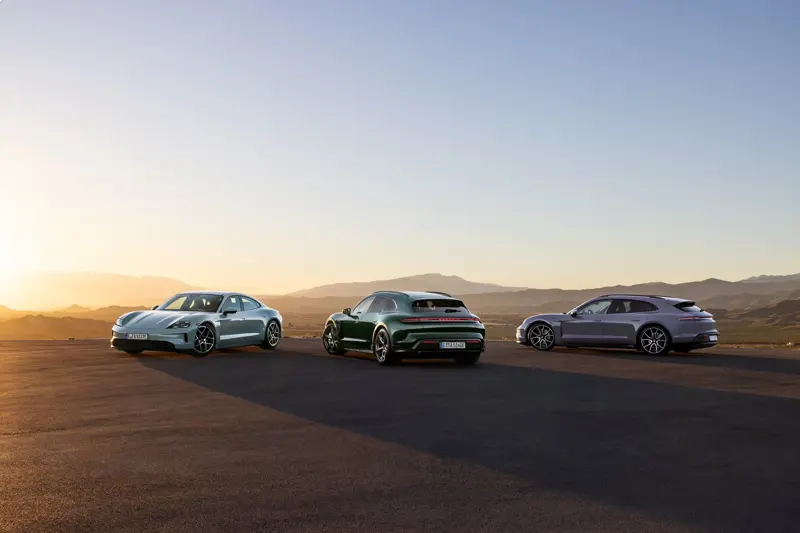
3 models • 25 variants
Porsche EV models
Porsche, renowned for its legacy of performance and luxury, has seamlessly transitioned into the electric era. Combining cutting-edge technology with iconic design, Porsche’s electric models, like the Taycan, deliver exhilarating speed, precision handling, and sustainable innovation, setting new standards for electric sports cars.
